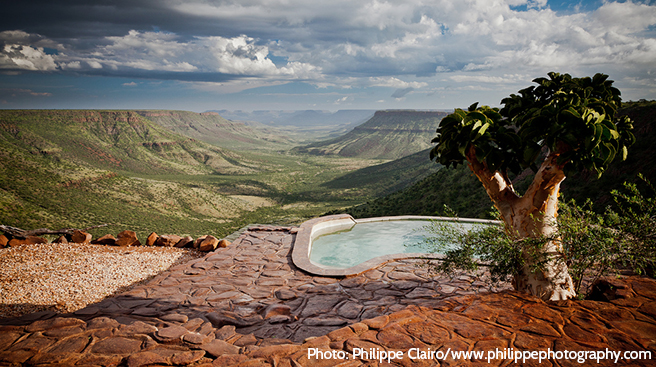Governments Must Do More

As heads of state prepare to gather for the 6th Ministerial Conference of the Forum on China–Africa Cooperation (FOCAC) during the first week of December, AWF is making the case for wildlife conservation to be put on the official FOCAC agenda. The following piece, the first of a short series on FOCAC, was first published on AWF’s 2014 annual report.
Living and other natural resources play a critical role in Africa. They are important for local subsistence, providing food, shelter and employment for rural and urban populations. They comprise the raw materials that support industrial development and serve as the engine for economic growth. (Imagine the African safari and Africa’s wildlife tourism industry without its wildlife!) Ecologically, natural resources are the building blocks for biodiversity and contribute to climate change mitigation in a variety of ways.
Without prioritization of living resource and natural resource conservation, however, there will come a time when they will disappear. In Africa, more than 70 percent of the population depends on natural resources for their livelihood. African governments must take radical action to protect our natural resources, and soon.
Integrate into policy
Most African governments have begun to address challenges to mineral, water, wildlife and biodiversity conservation. But too often biodiversity conservation has remained a separate conversation from other policy decisions. The continent’s leaders must recognize and protect biodiversity as a global public use and integrate it into policies and decision frameworks across multiple facets of government.
It is absolutely possible for countries to develop infrastructure and encourage industry without destroying the natural environment. Through proper industrial policy, land planning and environmental conservation policy, a government can ensure the integrity of the natural habitat outside protected areas while still accounting for the socioeconomic interests of local communities.
Yes, some hard decisions are required. At a time when development is so critical for our people, we must ensure that the rate of extraction remains within the limits of sustainability. We must avoid tarmac road construction through protected areas, even though it would meet certain needs. Despite constrained budgets, we must make sure to adequately finance conservation planning.
A clear responsibility for conserving a country’s basic resources rests with governments. Let us make the political commitment required to make sure that our natural resources remain protected.
Africa’s future depends on it.